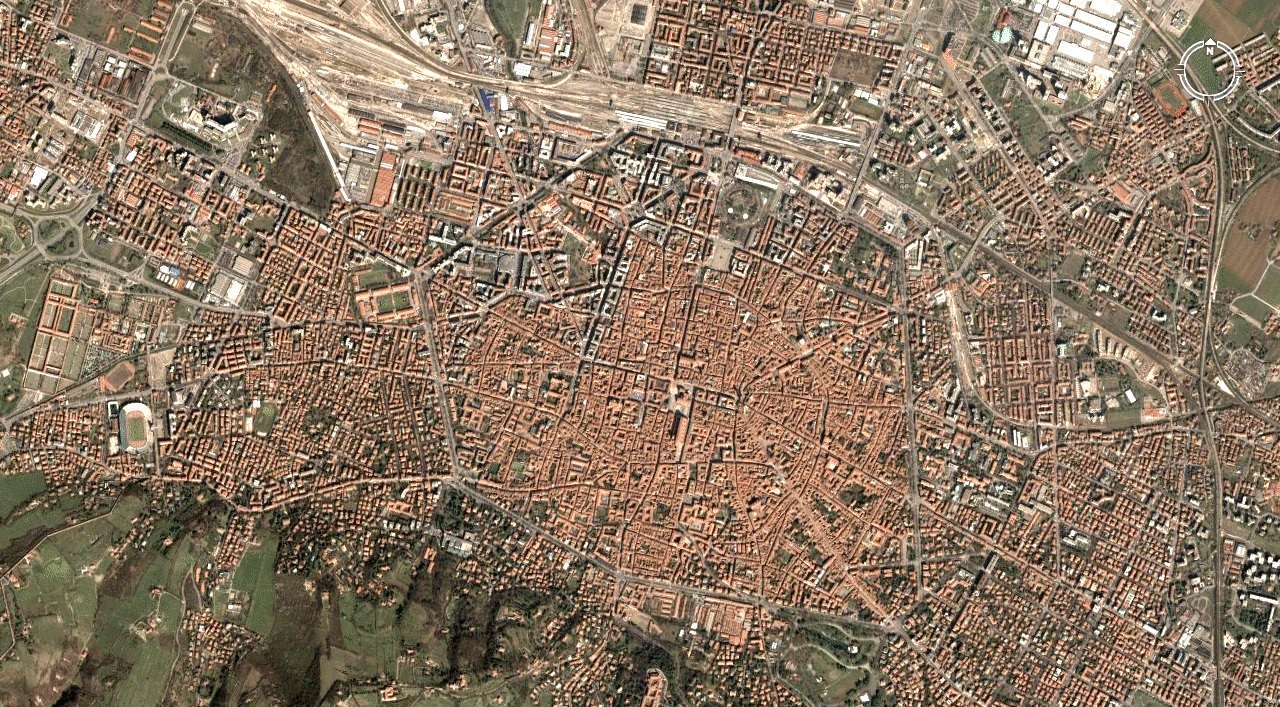“La festa è finita!”. The Question of “Centri storici” in 1970s Italy
Guido Zucconi

Abstract
In Italy, as well in West Germany, a cycle of interrupted and astonishing growth is coming to an end, in the early 1970’s. In that period, the overrated story of Bologna and its “centro storico” can be taken as a sample of a turning point in the Italian perception of many questions concerning urban and industrial development. Unlike the recent past, the emerging notion of progress now includes concepts such as conservation of historical precincts and of other fields -hitherto considered not worth preserving- such as the industrial vestiges. What sounds new and progressive is the parole d’ordre “stop the uncontrolled urban sprawl” by channeling -on the contrary- attention and resources to the “centro storico”. Actually, such a dictum implies but an ideological stress to an attitude who never ceased to exist in the Italian context. That is to consider the ancient portion of the town as fully representative of the urban whole.
Zucconi, G. “’La festa è finita !’. The Question of “Centri storici” in 1970s Italy.” In Cities Contested. Urban Politics, Heritage and Social Movements in Italy and West Germany in the 1970s, edited by M. Baumeister et al., 193-210. Frankfurt-New York: Campus Verlag, 2017.



